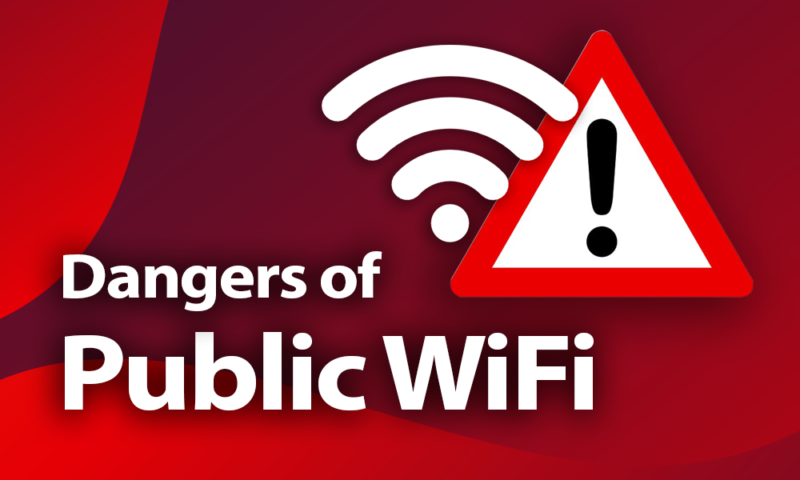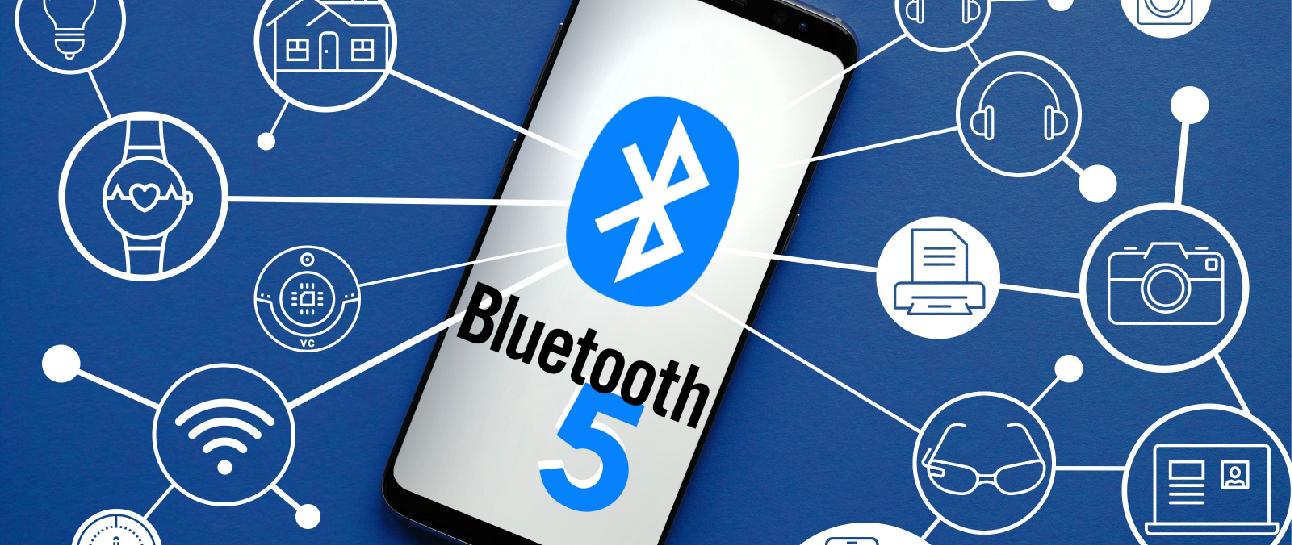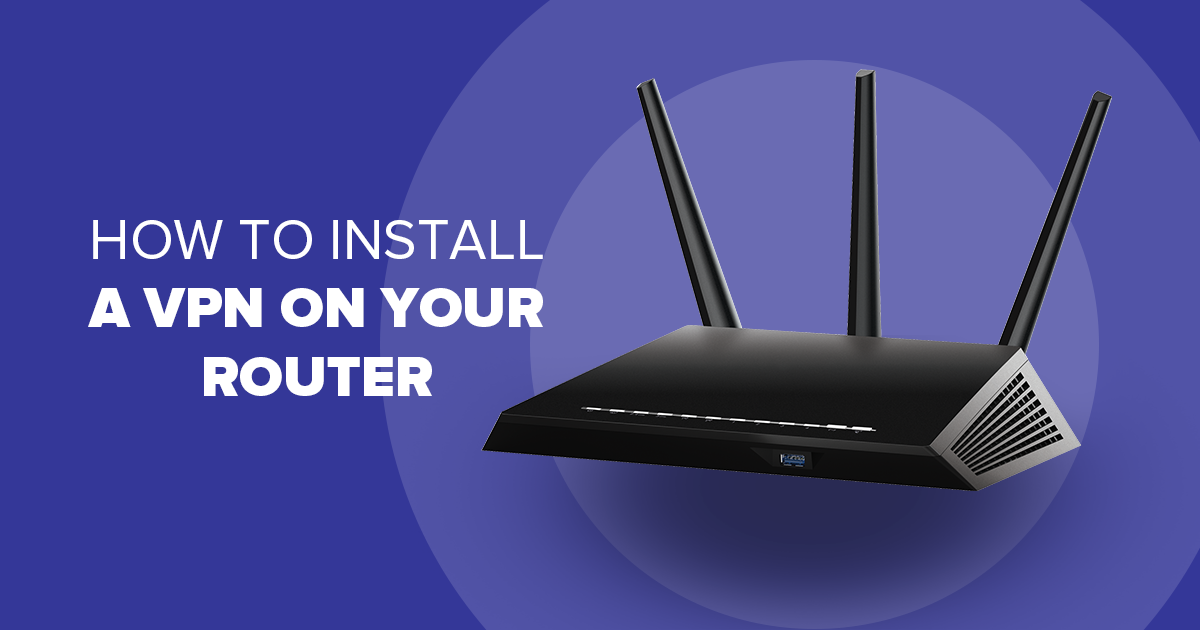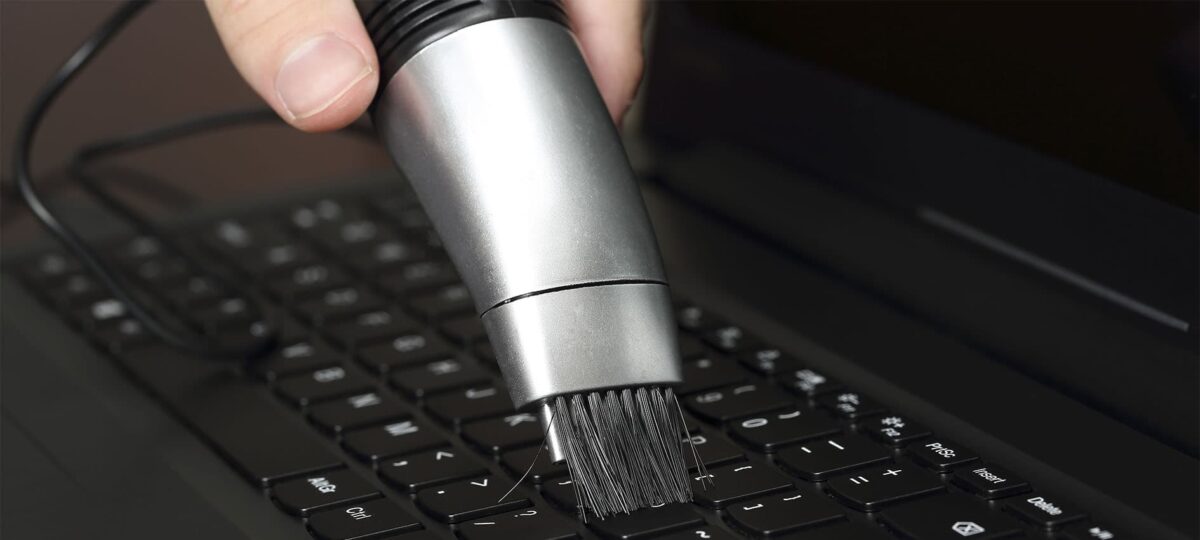In today’s interconnected world, public Wi-Fi networks have become ubiquitous, offering convenience and connectivity in cafes, libraries, airports, and many other public spaces. While these networks can be incredibly useful, they come with several significant drawbacks that users should be aware of. This article delves into the potential risks and downsides associated with using public Wi-Fi.
Security Risks and Data Theft
One of the most pressing concerns with public Wi-Fi is security. Public networks are generally less secure than private ones because they are accessible to anyone in range. This lack of security makes them a prime target for cybercriminals. Hackers can exploit vulnerabilities in these networks to intercept data transmissions, potentially accessing sensitive information such as login credentials, financial details, and personal messages.
Public Wi-Fi networks often lack encryption, a critical safeguard that protects data as it travels between your device and the network. Without encryption, data transmitted over these networks can be easily intercepted using basic hacking tools. As a result, users are at a heightened risk of data theft and other forms of cyberattacks, including man-in-the-middle attacks where a hacker secretly intercepts and relays communication between two parties.
Increased Risk of Malware and Viruses
Public Wi-Fi networks can also increase the risk of malware and viruses infecting your device. Cybercriminals may exploit these networks to distribute malicious software. Once your device connects to a compromised public network, malware can be transmitted to your system without your knowledge. This malicious software can compromise your device’s functionality, steal sensitive information, or even allow hackers to gain control over it.
In addition, users might inadvertently download harmful files or visit malicious websites while connected to public Wi-Fi, further increasing the risk of malware infection. Unlike private networks, where security measures are typically more stringent, public Wi-Fi networks often lack the safeguards needed to prevent such threats.
Privacy Concerns and Tracking
Privacy is another major concern when using public Wi-Fi. Many public networks are designed to track user activity to gather data for marketing or other purposes. This tracking can include monitoring websites visited, apps used, and even capturing personal information. Such practices can lead to invasive advertising and a loss of control over your personal data.
Moreover, some public Wi-Fi networks are operated by malicious entities that use them as a means to collect personal information for fraudulent purposes. Users may unknowingly provide personal details or credentials to these entities, leading to privacy violations and potential identity theft.
Performance and Reliability Issues
Public Wi-Fi networks often suffer from performance and reliability issues. These networks are usually shared among many users, which can lead to network congestion and slower internet speeds. In crowded areas, such as airports or busy coffee shops, the network may become overloaded, resulting in poor connectivity and frequent disconnections.
Additionally, the quality of public Wi-Fi can vary significantly depending on the location and the network provider. In some cases, the network may be unreliable or have limited coverage, making it difficult to maintain a stable connection. This can be particularly frustrating for users who rely on a stable connection for work or other important tasks.
Legal and Ethical Considerations
Using public Wi-Fi can also pose legal and ethical dilemmas. Some public networks require users to agree to terms and conditions that may include monitoring of their online activities. Users should be cautious about accepting such terms, as they may inadvertently agree to practices that compromise their privacy.
Furthermore, accessing or transmitting illegal content over public Wi-Fi can have legal repercussions. Since public networks can be monitored, users engaging in unlawful activities may be at risk of legal consequences if their actions are detected.
Conclusion
While public Wi-Fi networks offer a convenient way to stay connected on the go, they come with several drawbacks that users should consider. From security risks and increased exposure to malware to privacy concerns and performance issues, the potential downsides of using public Wi-Fi networks are significant. To mitigate these risks, users should exercise caution, employ security measures such as VPNs, and avoid accessing sensitive information while connected to public networks. Awareness and vigilance are key to ensuring a safer and more secure online experience in public spaces.






